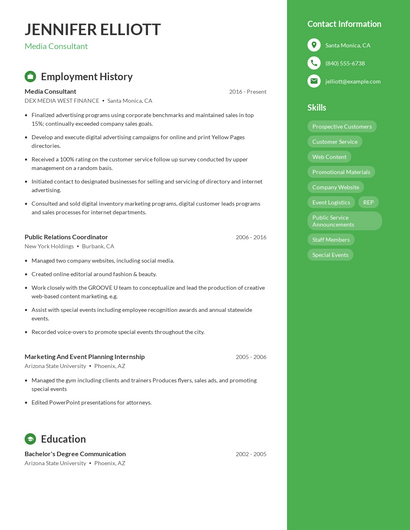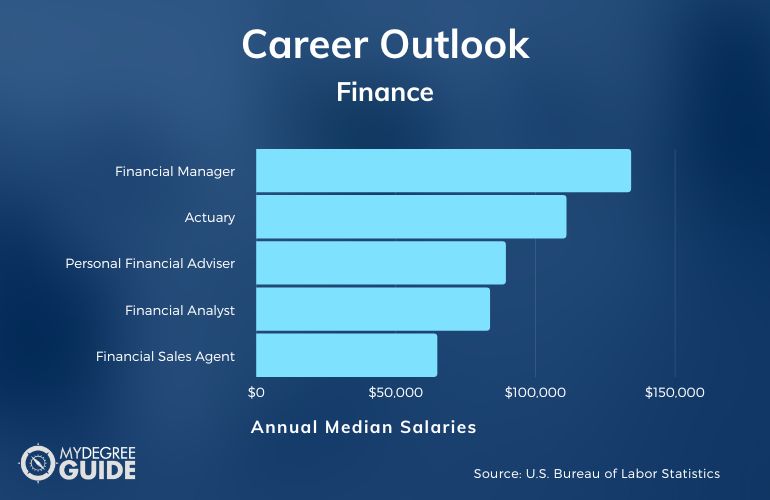
While the job outlook for life sciences consulting is excellent, what are your requirements for success in this field? We will be discussing the skills required, costs, and the career outlook. Now you are ready to move on. This article will assist you in your journey to become a life-science consultant. Let's explore the options! You'll be happy you did. Listed below are some benefits of becoming a consultant.
Career outlook
The job outlook for life science professionals is generally favorable. The job provides high job satisfaction and a sense of accomplishment. A life science consultant can make a real contribution to improving human health. This field will see a faster rate of career growth than other professions. This field offers many opportunities for international travel. Below are some of its most important benefits. You can read on to learn about the careers available within this field.
Dr. Bialojan joined the pharma sector after completing her post-doctoral work at a German institute for cancer research. She is now a worldwide leader in life science consulting. In her career progression, she has moved from academia to industry, combining her old skills and knowledge with her newfound expertise. She has been a sought-after consultant within the industry since completing her doctorate.

Skills needed
Life science consulting careers are rewarding and offer a bright career outlook. This field may be familiar to you, but you might not know what it involves. This field is not difficult to get the skills and education necessary to succeed. Continue reading to find out more about the various types of consulting available and what skills are required to succeed. This job will test you but also reward you with high salaries, a dignified title, and great rewards.
You must have strong analytical skills to succeed in life sciences consulting. You should be able to identify challenges within the industry and develop viable solutions to them. It is important to have a solid knowledge of the concepts and models used in business. Many colleges and universities offer certificates in business. Along with technical skills, you must have a passion in the field. You must be open to learning and interested in new technologies.
Costs
Larger companies may have an ERP system or some other cost management solution in place. Smaller companies, however, often do not have these tools and manage their costs manually using spreadsheets. Life sciences consultancies usually charge higher fees as they have higher selling prices in the US compared to Europe. Consultancies face many challenges due to these differences, such as having to adjust their salaries in order reflect the higher prices in Europe. Here are three examples that show how consulting firms can assist companies in reducing their costs.
Companies in life science have seen major changes in their healthcare coverage. For example, small bio-techs could be shut down by new rules on health insurance. The trials and tribulations of R&D can create major costs and difficulties for any life sciences company. These are expenses that should be recouped once a product launches. A life science consulting firm can be a great choice for companies looking for expertise in a particular field.

Scheduling
The task of managing a project team or project can seem daunting. In order to meet deadlines and complete tasks efficiently, life sciences leaders must schedule and prioritize activities. This helps to avoid errors and disruptions. Scheduling lifescience consulting is one method to ensure everyone has the time necessary to complete their assignments. Here are some suggestions for scheduling life sciences consulting projects. Once you have defined the scope of your project you can begin to plan the tasks.
Identifying key stakeholders. Before you start a project, identify the key stakeholders. This will enable you to communicate effectively, identify milestones, define ownership, and establish communication with them. Throughout the entire project, effective communication is vital. Many life science workers don't have the space or time to meet with other stakeholders regularly. Life science consulting professionals can facilitate constant dialogue and ensure everyone gets the right information.
FAQ
How do I choose a consultant?
There are three key factors to be aware of:
-
Experience - How skilled is the consultant? Is she a beginner, intermediate, advanced, expert, or something else? Does her resume show that she has the necessary skills and knowledge?
-
Education – What did this person learn at school? Did he/she go on to further education after graduation? Were there any evidences of this learning in his/her writing?
-
Personality - Do we like this person? Would we prefer him/her working for us?
-
The answers to these questions help determine if the consultant is right for our needs. If the answers to these questions are unclear, it might be worth a first interview to get more information about the candidate.
How do you get clients for your consultancy business?
First, find a subject you're passionate about. It could be anything from social media to public relations, but there must be something you feel strongly about. You may need to start small and find a niche market like web design. Once you have identified the niche, be sure to fully understand its characteristics. What problems does it solve Why should people use this? What are the benefits?
You could also approach businesses directly. Perhaps they are looking for someone who can help them understand SEO and content creation or just need advice on social media strategy.
If all else fails you can offer your services at free events such as conferences or networking nights. This will allow you to meet potential customers without the need for advertising and also allows you to showcase your skills.
Can consulting be considered a real job?
Consulting is not only a good entry-level job for people looking to make quick money.
There are many options for consulting. These include project management, business strategy, strategy, leadership, and training. You might find yourself working on projects ranging from small start-ups to large-scale international corporations.
Consulting gives you the chance to grow and develop your skills. This could mean learning to manage teams, negotiate contracts, write proposals, manage budgets, analyze data, create presentations, conduct market research, and much more!
How do I become successful as a consultant?
Find an area that you are passionate about. First, build relationships. Understanding your clients' needs and operating style is essential. And finally, you must deliver results for them.
While you don’t necessarily have to excel at every task, you should be better than all the rest. It is important to be passionate about what you do. It's not enough to just say "I want to be a consultant." It's important to believe in your abilities and do what you love.
How did modern consultancy come about?
Consultants were originally accountants who could help companies manage their financial affairs. They became known as "accounting consultants." This was because they had become very skilled at managing financial information. However, this role soon expanded into other areas, such as human resources management.
The term "consultant" came from the French word for "to advise." It was used by businessmen to describe someone who could offer advice on how to run an organization. The word consultant is still used by most business owners to refer to any kind professional advisor.
Statistics
- On average, your program increases the sales team's performance by 33%. (consultingsuccess.com)
- According to IBISWorld, revenues in the consulting industry will exceed $261 billion in 2020. (nerdwallet.com)
- 67% of consultants start their consulting businesses after quitting their jobs, while 33% start while they're still at their jobs. (consultingsuccess.com)
- "From there, I told them my rates were going up 25%, this is the new hourly rate, and every single one of them said 'done, fine.' (nerdwallet.com)
- Over 50% of consultants get their first consulting client through a referral from their network. (consultingsuccess.com)
External Links
How To
How to Find the Best Consultant
When searching for a consultant, the first thing you should do is ask yourself what your expectations are. Before you begin searching for a consultant to help you, you should be clear on your expectations. Before you start looking for a consultant, make a list. This could include: professional expertise and technical skills, project management capabilities, communication skills, availability, etc. Once you've listed out these requirements, then you may want to consider asking some friends or colleagues who they would recommend. Ask them about their experiences with consultants and compare their recommendations to yours. If you don't have any recommendations, try doing some research online. There are many websites that allow users to leave feedback about their previous work experiences, such as LinkedIn and Facebook, Angie's List or Indeed. Use the feedback and ratings of others as a starting point to search for potential candidates. Once you have a shortlist, be sure to contact potential candidates directly to schedule an interview. Talking through your requirements during the interview is a good idea. Ask them questions about how they can assist you in achieving those goals. It doesn’t matter who recommended them to you, just make sure they understand what you are trying to achieve and how they can help.